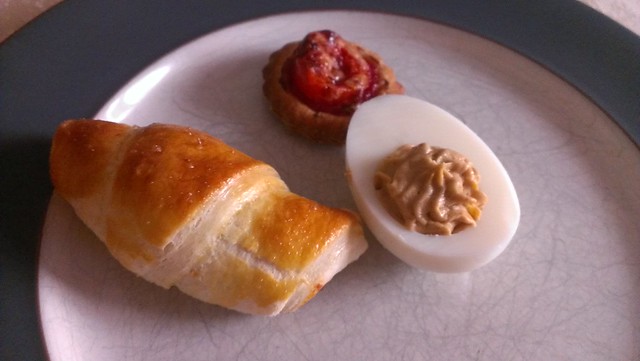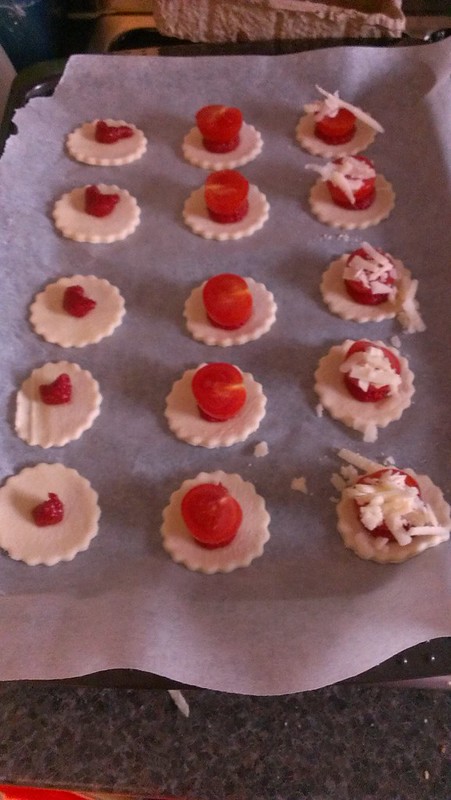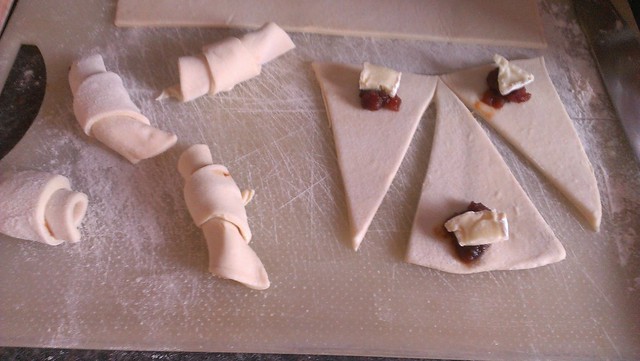We’re just moving into a food topic with Y8 at the minute and with my five classes last year and four this year, it’s now something I’ve had a bit of practice in.
My first lesson is about breakfast food and opinions, so it starts with a textbook vocab list and pictures – students have to match the target language words with the pictures and then write a vocab list in their books.
Then I get them to generate English words to fit the sentences “I like bread because it’s _____” and “I don’t like cheese because it’s _____” and they go off to the dictionaries to find the words they need. They need to be able write sentences like this – opinions and reasons – to get through level 4 in the National Curriculum for modern foreign languages and do well in their end of term exams.
I like doing it this way because it means each different class has a slightly different word bank and when I’m marking 250 versions of the same thing there is enough variety to keep it interesting for me.
They have to run the words by me at first so that I can advise and guide a little – they will need delicious and disgusting, so they have to have those. If they want to look up “sweet” I make very sure they know the difference between “sweet” and “sweat”. I can point them in the right direction to make sure they are looking for adjectives and not nouns, and that they know that the squiggle represents the headword again and so on. I can stop them trying to find dialect or youth speak words that I know won’t be in the dictionary as well as talking them down from things that are too complicated. (“mouth-watering” last year turned out to be “qui met l’eau à la bouche” which didn’t fit properly with parce que c’est and so meant an awful lot of corrections in one set of books)
This year’s students have all wanted to know the word “bland” which caught me a bit on the hop. Happily our native speaker teaching assistant could tell me the French is “fade” without me having to resort to Wordreference.com. I didn’t know that word as a 12-year-old, but learned it a little later on at a very memorable family dinner. It turns out they have all learned it in food technology, so it’s nice to have a bit of cross-curricular working.
I’m currently avoiding marking a set of books where some of the words they went for were mouldy, divine, and rank, so I am getting sentences like j’adore les croissants, parce qu’ils sont divins, and je déteste le fromage parce que c’est nauséabond.
Which is nice.
A little later on to get them using connectives more creatively, and get them practising future and past tenses for levels 5 and 6, I will be getting them to do these Barry-Smith-style sheets which I have put on the TES.
Writing about Food (French)
Writing about Food (German)


